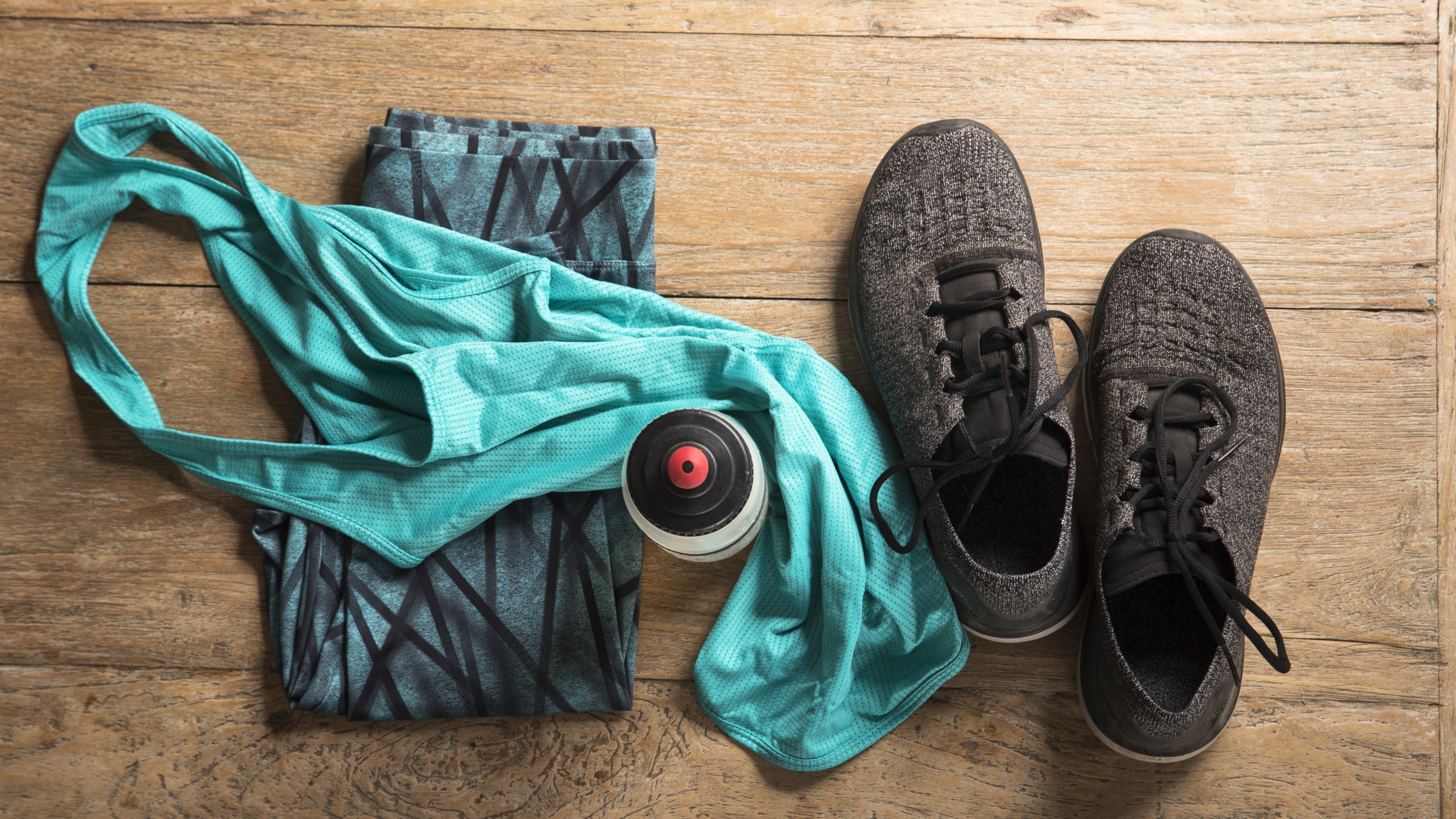5 things you should always do the night before a long run to improve your stamina and spirits
Whether you’re running a race or just heading out for a few hours, these 5 things will help make your long runs smoother

When I was studying for a degree in Integrative Medicine, we had a saying: the day begins the night before. Essentially, this champions the idea of prevention as being key to good health. If you want to wake up tomorrow with good energy, what you do tonight counts.
It probably wasn’t until I really got into trail running that I realized just how helpful this advice could be. Because I wasn’t training for a marathon or anything, I just scheduled my long runs when they worked with the rest of my life, always leaving a couple of days in between to allow my legs time to recover. Sometimes it felt great to lace up my trail running shoes and go for miles, other times it felt like I was dragging a piano up the trail.
Soon enough I figured out that what I did the night before my long runs was having a big impact on how I felt during and after my time on the trail, and I realized it was time to get back to that great advice. Now, when I plan to spend over an hour on the trail, I swear by the following tips to help keep my stamina and spirits up on endurance days.

1. Fill the tank
Left to my own devices, I like to take my biggest meal in the middle of the day and have a light supper. I don’t have the biggest appetite in the world, and this means I’m not trying to digest a large meal at bedtime. That in turn means I get better quality sleep, which is always the key to a happier tomorrow.
However, I quickly learned that it can also mean I’m lacking a little verve if I want to run in the morning. Nowadays, I’ll make sure to eat a slightly lighter and earlier lunch so I have all afternoon to digest it, then I can fit in a bigger carby dinner. I still try to eat by 7 p.m. to get myself plenty of time for digestion, and it’s usually a nice bowl of pasta to help my energy reserves the next day.
2. Hydrate early
We talk a lot about filling up your water bottle or hydration pack for a long run, but the bulk of your hydration is better done in advance. The night before a long run I always avoid alcohol, which is dehydrating and disrupts my sleep, and I also avoid too much caffeine earlier in the day and hitting the sauna or taking a hot bath, both of which make me sweat a lot.
It’s important to hydrate well, but I also don’t want to chug a liter of water before bed or I’ll just be up all night peeing. I try to drink a higher amount of water during the day so I can stop around 7 p.m., besides the odd sip. That way I can be sure to be both well-hydrated and well-rested when I wake up.
Advnture Newsletter
All the latest inspiration, tips and guides to help you plan your next Advnture!

3. Charge your watch
If you wear your running watch all the time like I do, it can be easy to forget about charging it until it’s too late. And if you love metrics, there’s nothing more annoying than having no evidence of your big efforts.
My Coros Pace 3 holds a charge for weeks so it’s easy to forget to check the battery level, but once the battery hits about 20 percent it’s likely to die if I try to use it in GPS mode. I make sure to charge it up the night before a long run, then lay it out next to my running gear so I don’t forget it if it’s an alpine start.
While we're on the topic, if you run with a Garmin watch and are finding the battery drains too fast, there's now a fix for that.
4. Review your plan
This should be obvious if you’re running a race tomorrow, but even if you just have a long run planned over new terrain, it’s a good idea to review your plan. This could involve examining your pacing strategy, since we often go too fast at the beginning of a long run then run out of steam, or reviewing your route and downloading GPX maps for backcountry adventures.
Especially if I’m running early, I like to have as little to think about as possible in the morning so I can just focus on getting ready to go.

5. Get to bed early
If you haven’t already noticed, feeling fresh for a long run is vital to success, and while that comes in part from spacing out workouts, it also helps to get good quality sleep.
I’m generally a good sleeper, so when I don’t sleep well, it feels like a disaster. In addition to eating well and early, I plan to get to bed before 10 p.m. on the nights before a big run. I make sure I shut down my laptop hours before that and get off my phone at least an hour before bed. I also turn down overhead lights and use lamps in the evening, all to promote the production of melatonin.
As close to 9:30 p.m. as possible, I’ll get into bed with a good book and read for a little while, then it’s earplugs in, curtains drawn and a cool, dark room to help me get the best rest possible. Read more in my tips for getting a good night's sleep.
Julia Clarke is a staff writer for Advnture.com and the author of the book Restorative Yoga for Beginners. She loves to explore mountains on foot, bike, skis and belay and then recover on the the yoga mat. Julia graduated with a degree in journalism in 2004 and spent eight years working as a radio presenter in Kansas City, Vermont, Boston and New York City before discovering the joys of the Rocky Mountains. She then detoured west to Colorado and enjoyed 11 years teaching yoga in Vail before returning to her hometown of Glasgow, Scotland in 2020 to focus on family and writing.

